WASHINGTON, D.C. – Under President Trump, America experienced a manufacturing boom powered by the pro-growth 2017 tax reforms. Policies like 100 percent bonus depreciation and increased small business expensing allowed manufacturers to expand operations and lowered the cost of investing in new equipment, vehicles, and facilities. As a result, manufacturers bought new, more productive equipment manned by new employees driving domestic investment and economic growth above all projections under President Trump. In the long-term, investment in the United States is expected to rise by 7.4 percent as a direct result of the Trump tax cuts.
VIDEO: The Trump Tax Cuts: Making the Economy Great Again
Ways and Means Committee Chairman Jason Smith (MO-08) issued a statement touting the need to support American manufacturing through extension of the Trump tax cuts:
“President Trump’s tax and trade agenda made American manufacturers strong and prosperous again. Instead of allowing Communist China to steal our jobs, President Trump stood up for American workers. His tax cuts were fuel for investments into all kinds of communities and helped create more blue-collar jobs that support working families. Conversely, President Biden has been a disaster for working men and women. In the last year, the nation actually lost 61,000 manufacturing jobs. In roundtables held by Ways and Means Tax Teams across the country, manufacturers have urged Congress to renew the Trump tax cuts and give America’s job creators the certainty to build, invest, and grow in America.”
A stronger manufacturing base pays dividends in the global economic competition with foreign competitors like China. Too many American communities have seen the pain caused by the shuttering of a factory and loss of stable, good-paying jobs. By attracting investment to distressed areas of the country, the 2017 Trump tax cuts helped reverse this decades-long trend and finally gave help and hope to communities and workers.
If Congress does not act, manufacturers will face the choice of higher tax bills or cancelling equipment purchases and construction of new facilities that fuel job creation. Should the Trump tax cuts be allowed to expire, the American economy risks greater dependence on a Chinese government challenging America’s economic leadership.
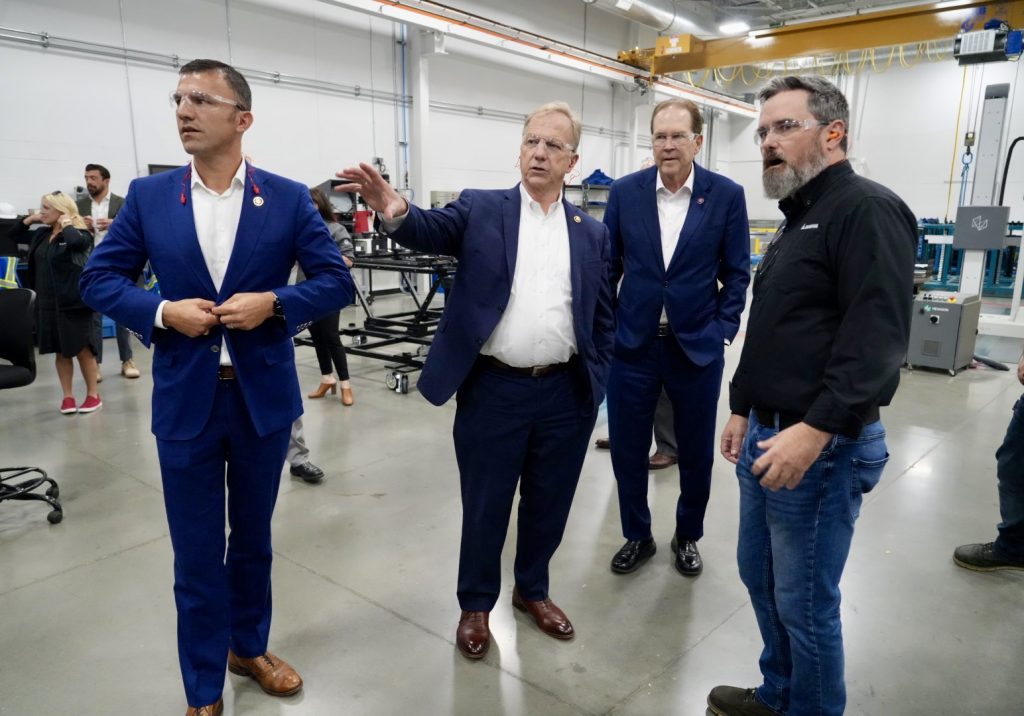
The American Manufacturing Tax Team led by Rep. Vern Buchanan (FL-16) has been talking with manufacturers of all backgrounds about the importance of renewing the Trump tax cuts for manufacturers. Echoing committee hearings where witnesses testified to the importance of policies like full expensing and interest deductibility, small businesses have emphasized the critical importance of quickly restoring these tax cuts. All 10 Tax Teams have held over 120 listening sessions in 20 states to hear directly from the American people about how to renew the Trump tax cuts and build on their success. In these meetings, the bottom line message is the need for relief from the economic pain of the Biden-Harris Administration.
Message to Washington
In hearings inside and outside Washington, small business owners and manufacturers shared about the impact of pro-manufacturing tax policies for their businesses and urged Congress to restore and renew the Trump tax cuts.
Hearing on the State of the American Economy | Peachtree City, GA
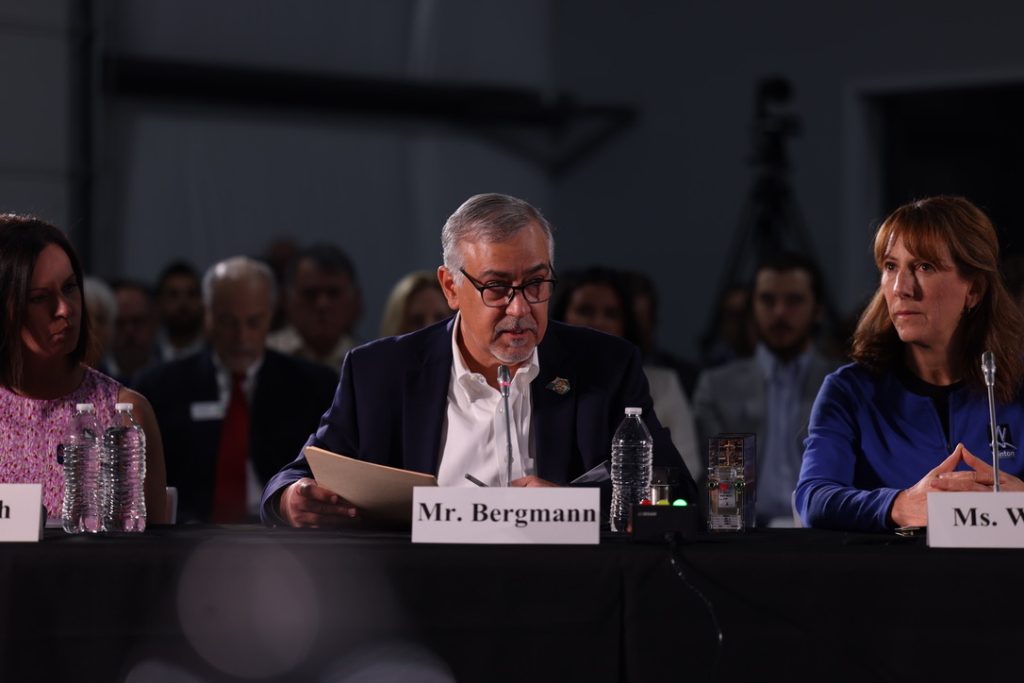
David Bergman, Georgia manufacturer: “Knowing that we can at least expense 100 percent of these dollars gives me some mitigation of the risk against my taxes.”
Hearing on Expanding the Success of the 2017 Trump Tax Cuts | Washington, D.C.
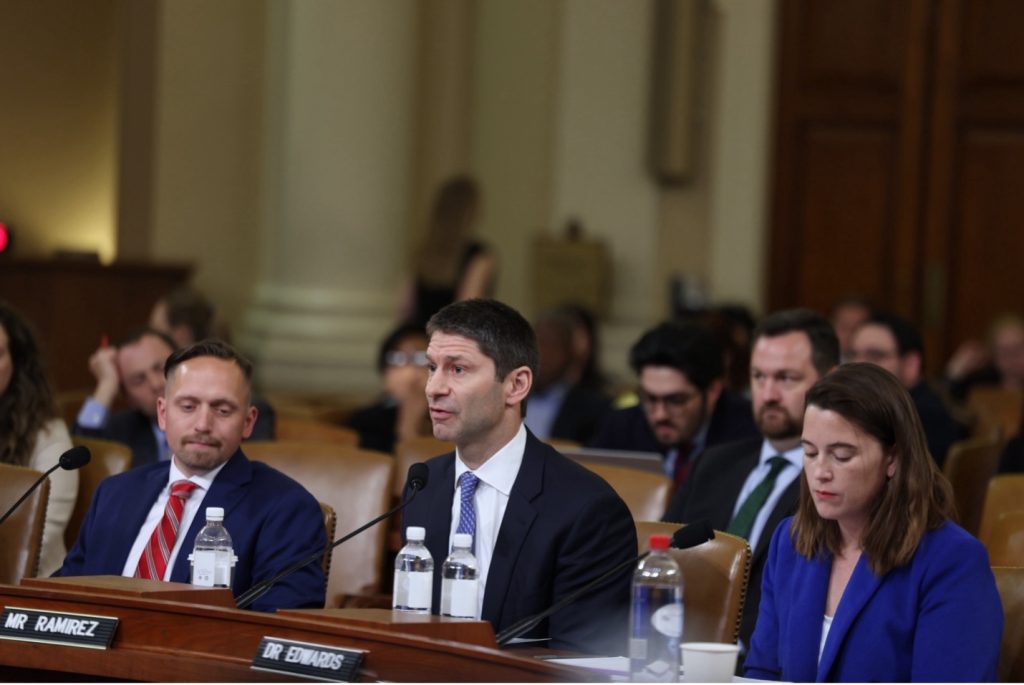
Austin Ramirez, Wisconsin business owner: “Accelerated depreciation . . . gives me more liquidity, more cash now to make more investments, and it improves the return on the investments that I make. So when you have accelerated depreciation, I am going to make bigger, faster investments.”
Hearing on Creating More Opportunity and Prosperity in the Rust Belt | Erie, PA
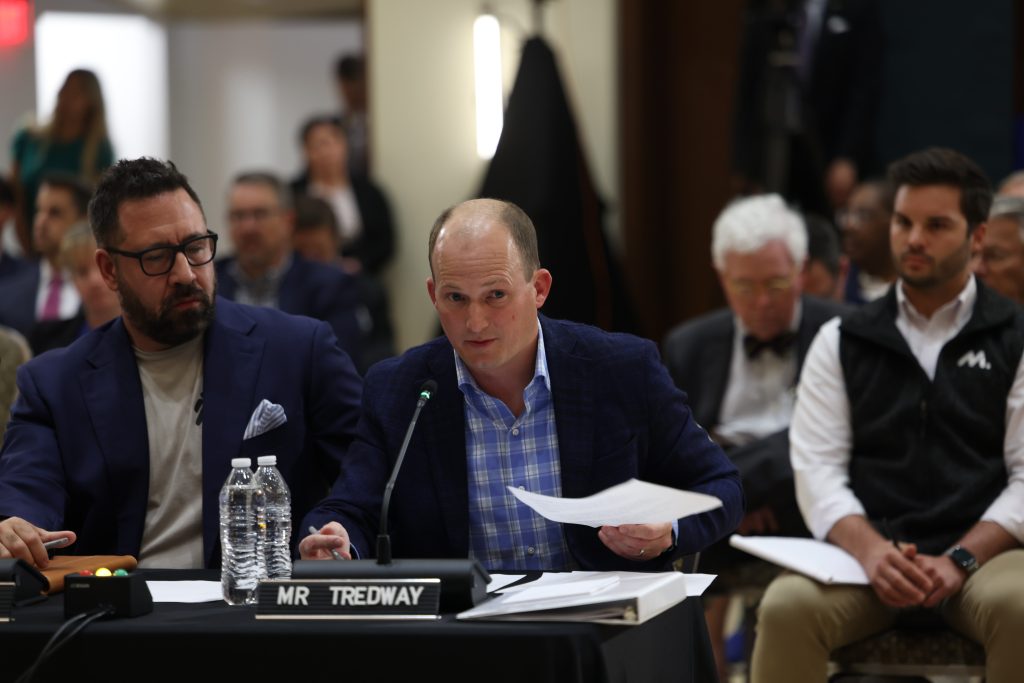
Tom Treadway, Pennsylvania manufacturer: “Full expensing was already phasing out and is set to completely expire in 2027. This is devastating for our manufacturers and has caused us to delay our own equipment purchases.”
Hearing on Unleashing American Medical Innovation in America | Salt Lake City, UT
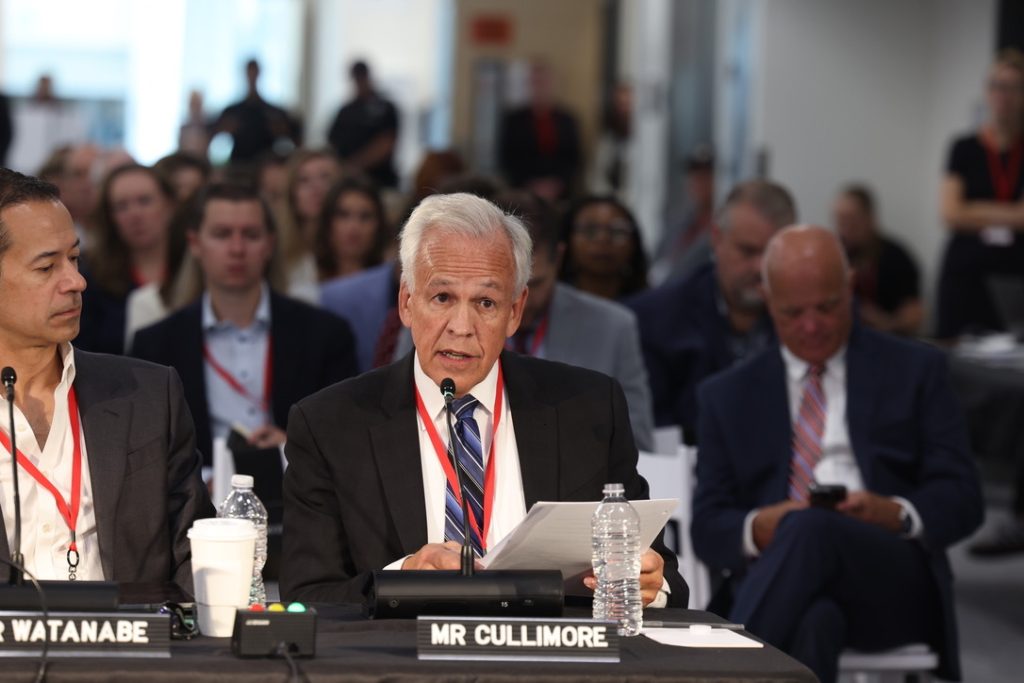
Kelvyn Cullimore, Utah biotechnology leader: “We urge Congress to establish a pro-innovation tax structure, including full and immediate expensing of R&D costs, bonus depreciation for equipment…”
Hearing on the Success of Pro-Worker, Pro-Growth Tax Policy | Iowa State Fair
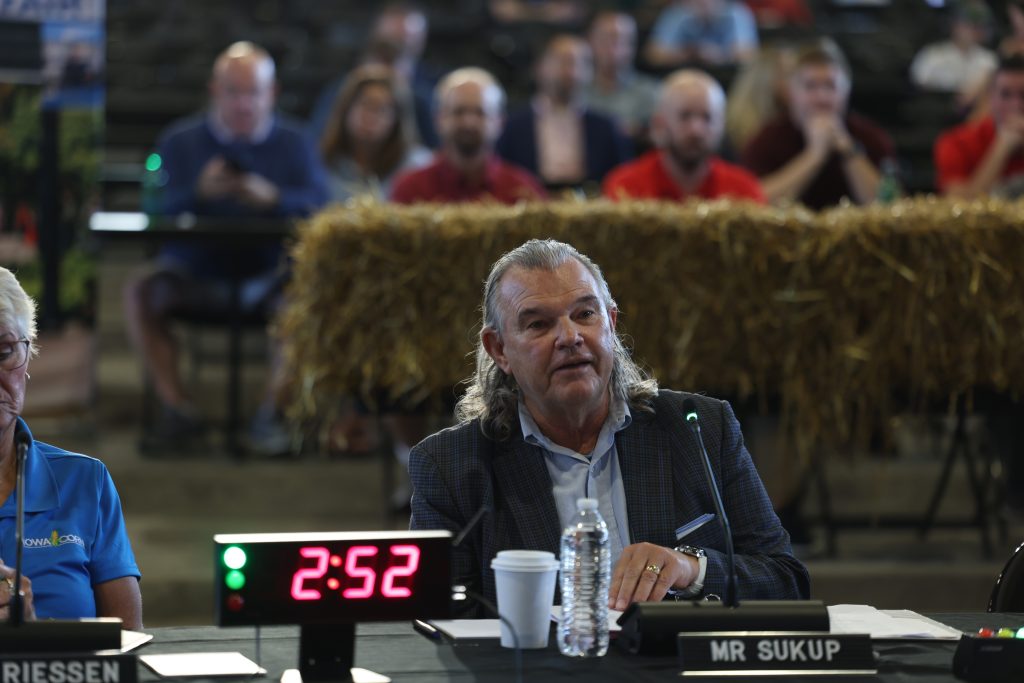
Steve Sukup, Iowa manufacturer: “With accelerated depreciation, we add capital equipment, we need skilled folks to run that, and so we added 200 individuals over this time period.”
Restoring Full Interest Deductibility
- TCJA Record: In the first two years after TCJA, companies increased their capital investment by 17 percent while cutting their debt by 35 percent.
- Biggest Winner – Small Business: Small businesses spend six percent of revenue on interest expenses, compared to two percent for large businesses.
- Create Jobs: This fix will generate 16,000 jobs, helping workers stuck in an uncertain economy.
Expanding 100% Expensing
- Strengthen American Competitiveness: Ensures that the United States is a competitive location to hire, invest, and grow for manufacturing, energy production, and other critical industries.TCJA Record: Under TCJA, investment in American businesses changed course, growing 20 percent when previously U.S. companies had been cutting investment.
- Invest More in America: Making full expensing permanent would increase investment by $400 billion, boosting orders for equipment and machines from American manufacturers.
- Create Jobs: According to economic analysis, 73,000 new jobs would be created by permanent expensing.
- Increase Wages: Wages would increase by 0.3 percent because of permanent expensing, taking some of the sting out of high prices for working families.
- Help Small Business Productivity: Lowering the cost to purchase new equipment gives small businesses a boost in productivity.
- Cut Dependence on China: Full expensing further incentivizes American companies to bring their manufacturing facilities and operations back to the United States.
